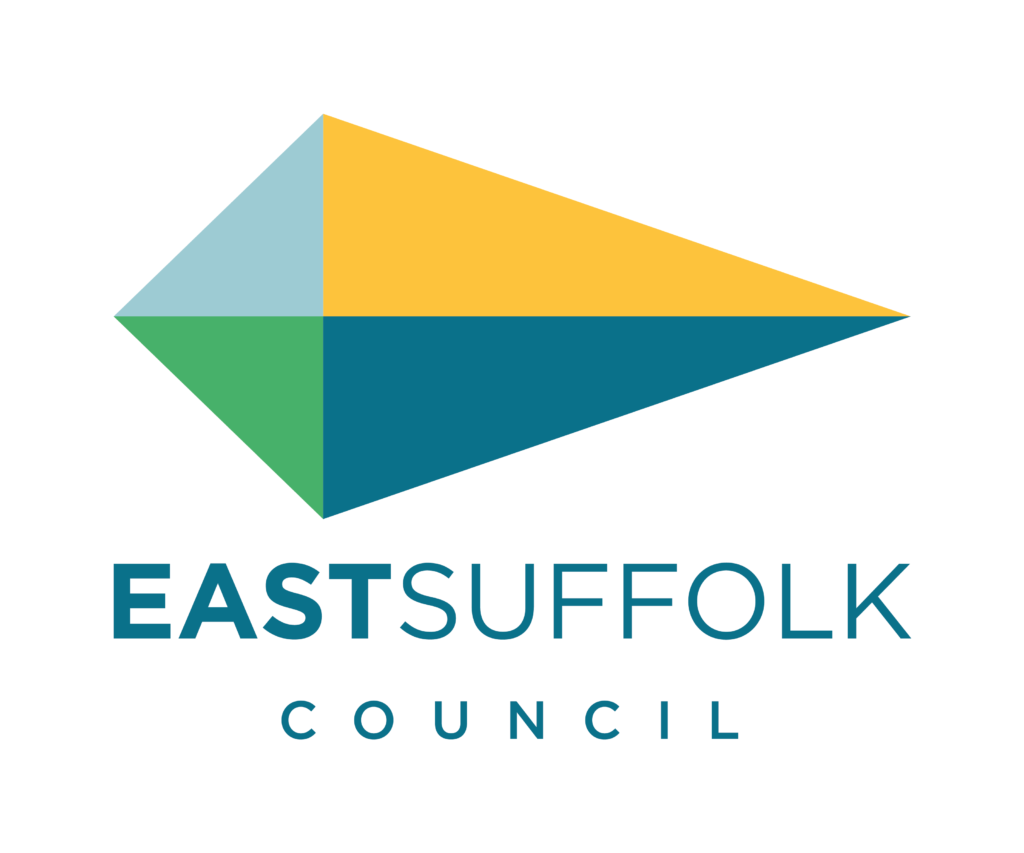MRI Round Table round-up: How Can Mobility Help Housing Associations Through Coronavirus Recovery?
With early tentative relaxation of some lockdown measures, and this week’s announcement that schools and some shops are expected to re-open in June, we spoke to our MRI Round Table members about mobility. As the government’s earlier “stay at home” messaging becomes more nuanced, housing organisations face a number of complexities to ensure that their teams are able to continue to work safely as movement increases and the country moves towards a new normal.
Here are some of the areas our Round Table members were looking at:
Reinventing Tenancy Sign-Ups
As strict lockdown measures begin to roll back, the housing organisations on our Round Table were beginning to look at how to start the process of transitioning tenants into and out of properties. While for many, this process was paused through late March and April, some of our participants discussed the ways they were resuming this activity, and they had some creative ways of doing so.
Successfully letting a property whilst maintaining social distancing has been a challenge for many of our Round Table members – unsurprising given the need to arrange viewings, share documents and get tenants’ signatures on tenancy agreements. While simple social distancing is an option – for example, letting tenants into a property to view it while housing officers wait outside – digital is already playing a role for some of our participants, who talked about carrying out “virtual” viewings as well as video calls for tenant introduction meetings.
In particular, digital document services were a popular option, allowing our Round Table members to collect and store copies of tenant documents required for identification and proof of income. Digital signing services were also a popular option for managing tenancy agreements, allowing signatures to be collected remotely without needing direct contact.
A New Normal for Tenant Comms
As well as introducing new tenants, our Round Table participants were also looking at equivalent, socially distanced processes to cover the entire span of a tenancy, from initial sign-up to payments, inspections and managing voids.
Historically, many of our participants found that a high percentage of tenants preferred in-person interactions – either visiting offices directly to make rent payments, or communicating with housing officers through in-person visits. With lockdown making these interactions impossible, virtually all of our participants have had to walk tenants through setting up alternative payment processes and introduce them to new communication methods. While for some tenants this has naturally been disruptive, many of our Round Table members have found that the exceptional circumstances have made tenants more willing to embrace change than they may otherwise have been.
Our participants with digital self service platforms have noticed significant increases in both new registrations and existing member interactions, and for many the COVID-19 crisis has accelerated the process of migrating tenants onto these platforms.
Agile, Mobile Teams
This is also true for working practices within our Round Table members’ own businesses – across the board, the urgency of the current situation has forced teams to move much more quickly along existing roadmaps for increasing mobility within their own workforces, or to create new processes from scratch where these weren’t already in place.
Key to all these initiatives was the ability for teams to be able to access and share data on properties from wherever they were working. Maintaining a central view of information was vital, ensuring that all team members were working off accurate information, and this has prompted increased focus on data governance and cleansing across many of our Round Table participants.
MRI’s range of mobile working solutions were a popular way of centralising information and keeping records consistent across multiple, disparate teams.
Building for Long-Term Benefits
While many new processes were being put in place quickly, our Round Table members were optimistic about the long-term benefits of new digital approaches to improve not just the current situation, but to allow for greater efficiency in future.
For the majority of participants, shifting activity from paper and in-person interactions was already a priority, and the current crisis has helped to lend urgency to existing plans. While obviously the COVID-19 crisis remains an uncertain and harrowing situation, housing associations are doing their best to ensure that their teams and processes are leaner and more agile as a result of the actions they’ve been forced to take, resulting in better outcomes for tenants in future.
To find out more about our future round table sessions and how to take part, please contact us. Read round-ups from our other round tables here:
Case study | East Suffolk Council Boosts Tenant Engagement with MRI Digital Self-Service
Providing essential services for residents across the East Suffolk area, East Suffolk Council manages over 4,500 social housing properties, including 12 retired living schemes. The team at East Suffolk Council aim to become the best in class for soci…

